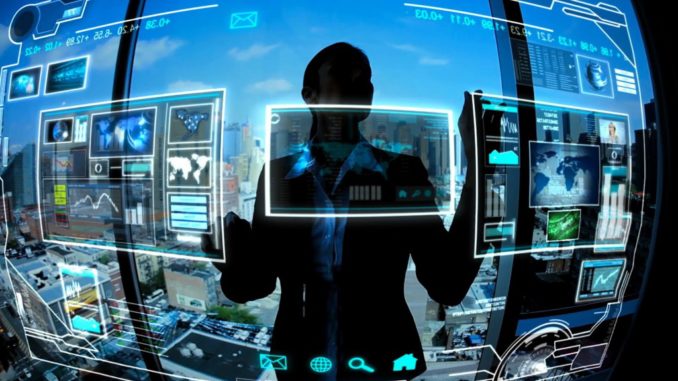
Our crude economy has certainly left us with a crude thinking…having us unable to proffer solutions to our daily challenges and with eyes completely shut to the possibilities of the future. It is often said that whenever a man wakes up is his morning, so it is either Nigeria wakes up now or it just might die in its slumber.
I have, indeed, argued consistently in the last year about Nigeria’s shockingly dismal preparedness for our collective future, but sadly nothing, even attitudinally, has changed. The “Nigerian ship” is obviously lost in the Mediterranean; her captain and crew (largely incompetent) seem, however, incapable of navigating it to its destination. This ‘leadership glaucoma’ is why, after Morocco, Nigeria sends the most students overseas, of any country of the African continent, an explains why close to 15,000 medical doctors have opted to practice abroad. And equally why our finest academics have turned their backs on our Ivory towers. Perhaps, this inconvenient truth will one day find its way to the corridors of power and deliver its occupants from the spell of mental paralysis that seems to be grinding this nation to a halt.
I find the new gambit by elected public officers astonishing, retailing and marketing a fraudulent slogan, ‘the future is bright, just be patient’, when all they care about is the 2019 elections. For the umpteenth time, Nigeria, led by its ‘second eleven’, is not prepared for the future. Emmanuel Obot, the executive director of the Nigerian Conservation Foundation, speaking after the recent floods experienced in a few cities across the country had this to say, “we may lose quite a good percentage of Lagos and probably the whole of Bayelsa. If that happens, the refugee problem will be so massive that I don’t think Nigeria is ready for”.
Only a week ago, the French made an audacious and revolutionary proclamation, saying that by 2040, it would end the sales of petrol and diesel vehicles. The announcement, of course, followed Volvo’s commitment to produce fully electric or hybrid cars from 2019 onwards. The Norwegians are also vigorously competing for the future with an ambitious target of allowing only the sales of 100 percent electric or plug-in hybrid cars by 2025. Even India is refusing to be left behind, having made plans, which are in top gear, to introduce electric cars; and if the rumour mills are right, by 203, they will also have stopped the sales of petrol and diesel cars. This massive shift from diesel or petrol-powered engines to electric ones, would, as Bloomberg has predicted, globally reduce the demand for oil by eight million barrels per day, with far reaching implications for oil producing countries like Nigeria. Is Nigeria prepared for this eventuality? The obvious answer is no. To think that no lesson has been learnt from the volatility of a commodity driven economy, which plunged us into a gruelling recession, is to put it very bluntly, epically stupid.
In what has been described as the biggest economic shake up since the founding of Saudi Arabia, the Saudi government, after running a distasteful budget deficit of nearly 100 billion dollars in 2015, have found the urgency to reform its ailing economy. In a bold vision statement for a future without oil, Bin Salman, the crown price of the kingdom has rolled out plans to sell off five percent of Aramco (estimated as the world’s most valuable company), created a two trillion-dollar Saudi sovereign wealth fund, increased taxes and cut subsidies. Hence, Saudi is moving away from an economy dependent on oil to an economy driven by investments.
Our crude economy has certainly left us with a crude thinking (apologies to Atiku Abubakar), having us unable to proffer solutions to our daily challenges and with eyes completely shut to the possibilities of the future. It is often said that whenever a man wakes up is his morning, so it is either Nigeria wakes up now or it just might die in its slumber.
Ayodele Adio is co-host of a Lagos radio programme.
END

Be the first to comment